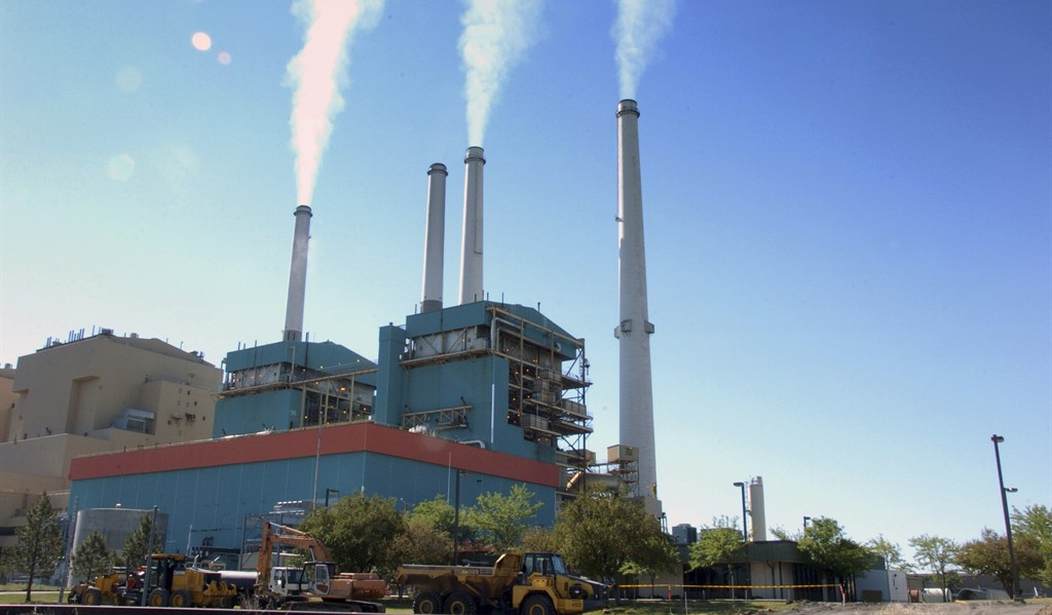Like a lot of progressive reforms, the initiative and referendum process, funded largely by liberal billionaire partisans, leads to a lot of unanticipated and unfavorable outcomes.
For instance, citizens in Spokane, Wash., ended a signature drive this week for a ballot initiative that would ban rail cars carrying oil or coal from traveling through the city.
The activist group behind it, which calls itself “Safer Spokane,” wants to ban rail cars from traveling through the city unless shippers first remove most of the natural gas components from Bakken crude. It also wants to ban coal cars unless their cargo is covered before moving through the city.
Organizers say they gathered far more than the 2,585 signatures needed to put the railroad car ban measure on the ballot. A similar measure – it would have punished railroads for transporting banned commodities through town; this initiative would punish the shippers – failed in the city council last year.
The railroad car ban initiative might even pass. Washington is a deep blue state, Spokane is a college town, and a measure that would have banned outright all rail cars carrying oil or coal was removed from consideration for the Nov. 7 ballot only because the language submitted and the language on the petition differed slightly.
The problem is it’s not legal to ban railroad cars from your city because they carry oil or coal or any other commodity. Not even close.
The city’s attorneys killed essentially the same proposal last year when they announced it would not pass legal muster and would subject the city to expensive legal fees in trying to defend it.
Brian McGinn, an attorney hired by Spokane to advise groups pushing initiatives on whether they would pass legal muster after several measures passed or came close that were illegal, issued an advisory opinion that said the ban measure clearly was pre-empted by federal law. The executive director of Better Spokane, a business and economic development group, called the rail car ban “illegal, pure and simple.”
Recommended
Courtney Wallace, a spokeswoman for BNSF, one of the railroads involved, said the ban violated the Commerce Clause and federal law. As common carriers, she said, BNSF was “obligated by federal law to move commodities” and thus do not even have the choice of refusing fossil fuels business.
All agree the federal government has exclusive authority to determine what can and can’t go on trains.
Jim Lee, one of the sponsors of the initiative effort, doesn’t buy it. He said a provision in the National Railway Safety Act enables state and local governments to apply regulations where unique local conditions aren’t addressed by the Surface Transportation Board.
And what is Spokane’s unique local condition? “Elevated rails passing through a dense urban area,” said Lee, presumably seriously.
But then, he also claims his measure is not an attempt to regulate rail directly and that it’s not even an attack on fossil fuels. He worries about dust from the coal settling on the tracks and causing derailments and those volatile compounds, which seem to be more of a problem with the crude harvested in the Bakken Fields in North Dakota than elsewhere, starting a fire.
One can understand the frustration of Michael J. Rush, senior vice president of safety and operations for the Association of American Railroads, when he writes in the Spokane Spokesman-Review, “Enactment of a ban would accomplish nothing more than wasting public (and railroad) resources on litigation with a foregone conclusion. Residents should tell their leaders to abandon this proposal.”
This proposed ban is not even all that much about railroads though. It’s about a concerted effort throughout Washington to stop fossil fuels from being transported through the state. In Longview, Wash., activists are trying to prevent a terminal to export coal from being built at the city’s port on the Columbia River.
If the organizers of the Spokane proposal win at the ballot box, they ultimately will lose in court. But they will be back with another approach scrubbed by another lawyer that seeks the same or similar aims. Because their aim is not safety or even to protect local citizens. It is to destroy the fossil fuel industry by any means – including trying to bleed it dry by hauling it needlessly before court after court.
Instead of signing petitions that will do nothing but cause the city legal embarrassment, residents might want to find out who is actually pushing this and what motivates them.
They might not be comfortable with the answer.

























Join the conversation as a VIP Member